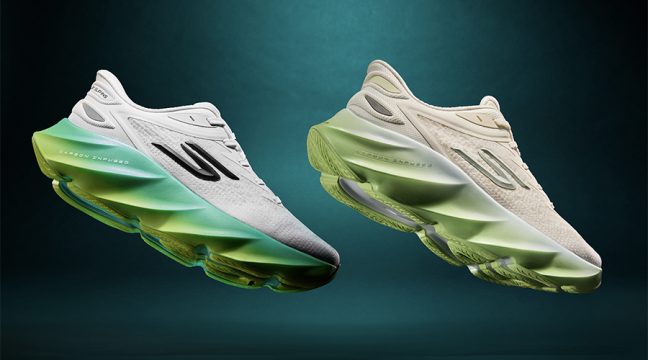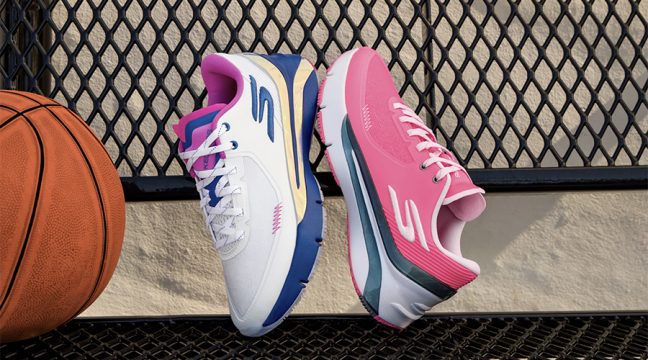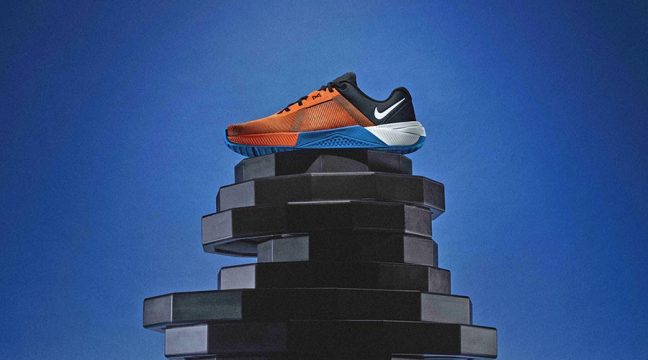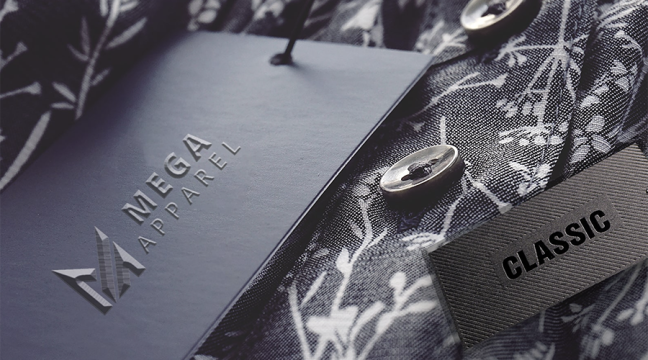A new study reveals that 83 percent of executives plan to raise prices in response to the Trump Tariff moves, even though 68 percent of brand and retail executives expect an adverse reaction from customers to the price increases.
According to the new “Tariffs & Trust: Why Retailers Risk Loyalty with Price Hikes” study from First Insight, 73 percent of consumers confirm that they would be frustrated by price increases.
The study found that consumers will respond to retailers’ decisions with either increased loyalty or decreased trust. Nearly 80 percent would feel more loyal to brands that absorb tariff-related increases, while almost three-quarters would abandon their favorite brand for a less expensive, generic item if retail prices were to increase, according to First Insight’s analysis of the data.
Still, the research and retail strategy firm believes that customers’ trust and loyalty are not solely a function of a brand’s or retailer’s ability to maintain pricing when faced with market forces beyond their control.
“To maintain customer loyalty while navigating circumstances that put their margins at risk, 77 percent of surveyed executives have preemptively communicated price increases directly with customers,” First Insight wrote in its study summary. “For those retailers and brands currently planning to issue blanket price hikes, First Insight recommends they instead engage customers directly to gain insights on what they’d be willing to spend and what pricing would be a dealbreaker on products across categories. The resulting insights can inform more nuanced pricing strategies.”
Among First Insight’s U.S. findings:
- For shoppers, any price increase is too much. Nearly one-third of shoppers, 30 percent, said that any increase would cause them to shift their spending habits.
- Shoppers are skeptical that some retailers and brands are using tariffs as an excuse to increase prices. Only 24 percent of surveyed respondents said they believe that tariffs alone are the reason for rising costs.
- Despite skepticism, consumers recognize that brands are not ultimately responsible for rising costs. Fifty-four percent of surveyed respondents acknowledged that government policy is driving up costs.
- Retailers that increase prices can win consumer loyalty in other ways. Surveyed respondents said that the top two actions retailers and brands can take to offset the changes are: 1) clear communication, especially around why prices are rising, and 2) introduce new efforts to soften the blow, including offering loyalty points or discounts.
- Consumers promise loyalty to brands that absorb price hikes. A high majority of surveyed respondents, 79 percent, said that they would be most loyal to brands that fully absorb the costs.
- Retailers and brands expect price changes before Labor Day. Nearly three in four (73 percent) of retail executives believe that price increases will take effect by the end of summer.
- Executives are also paying attention to what competitors are doing. The majority of executives, 60 percent, responded to the survey that if they raise prices, they expect to lose market share to competitors that do not.
- Holiday shopping is going to be different this year, according to 92 percent of executives, they foresee shifts in holiday shopping, with only 8 percent saying they do not expect noticeable changes. Of those who expect challenges, their top three concerns are (1) reduced consumer spending (56 percent), (2) shipping and logistics issues (53 percent) and (3) product shortages (40 percent).
- Consumers will be focus on value this holiday season. Surveyed respondents expect that tariffs will influence their shopping habits this holiday season in three primary ways: (1) they will use more coupons and promotions (50 percent), (2) they will spend less overall (49 percent), and (3) buy items based on price rather than brand (44 percent).
- Some retail categories will be more heavily affected than others. Surveyed respondents listed the following three categories as the ones they would cut back on first due to price increases: Electronics/Tech (50 percent), Apparel/Fashion (53 percent), and Home Goods/Furniture (54 percent).
“We can hear shoppers’ voices loud and clear, and now is the time for retail executives to put what they’re saying to work,” said Greg Petro, CEO of First Insight. “While most retailers won’t be able to avoid raising prices altogether, unilateral price increases are a surefire way to lose customer confidence and trust. There are more informed ways of approaching pricing strategies and offsetting the burden on customers. Customers are forthcoming about what they’ll spend, what they’ll buy and where they’ll tap out–retailers simply need to engage them and communicate what they’re up to every step of the way.”
First Insight’s “Tariffs & Trust: Why Retailers Risk Loyalty with Price Hikes Study“ offers a comparison of retail executives and consumers’ perspectives on tariff-driven price increases. The company spoke with 306 CEOs, CFOs, and COOs from major retailers and brands, as well as 1,120 U.S. shoppers (3,393, including UK and EU respondents) ranging in age from 18 to 80 years old and older.
First Insight helps retailers and brands mitigate risk by integrating consumer feedback into their decision-making processes, replacing guesswork with insight-driven decisions. Since its founding in 2007, the company reports “helping 600-plus retailers and brands successfully navigate economic turbulence, demand shocks and supply chain disruptions, including the 2008 Recession and the COVID pandemic.”











